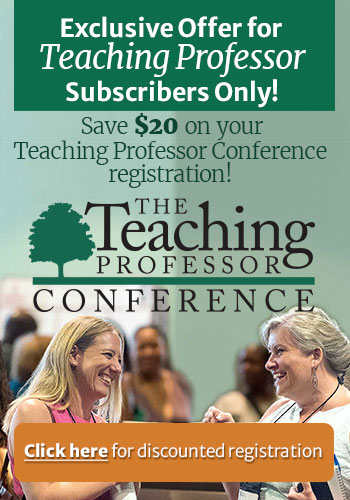
Understanding Different Types of Group Learning
Small group learning is learning expressly designed for and carried out in pairs or a small, interactive group. Why should we use small group learning in the college setting? Small group learning provides a practical rationale. Most of us have seen the surveys of employers





